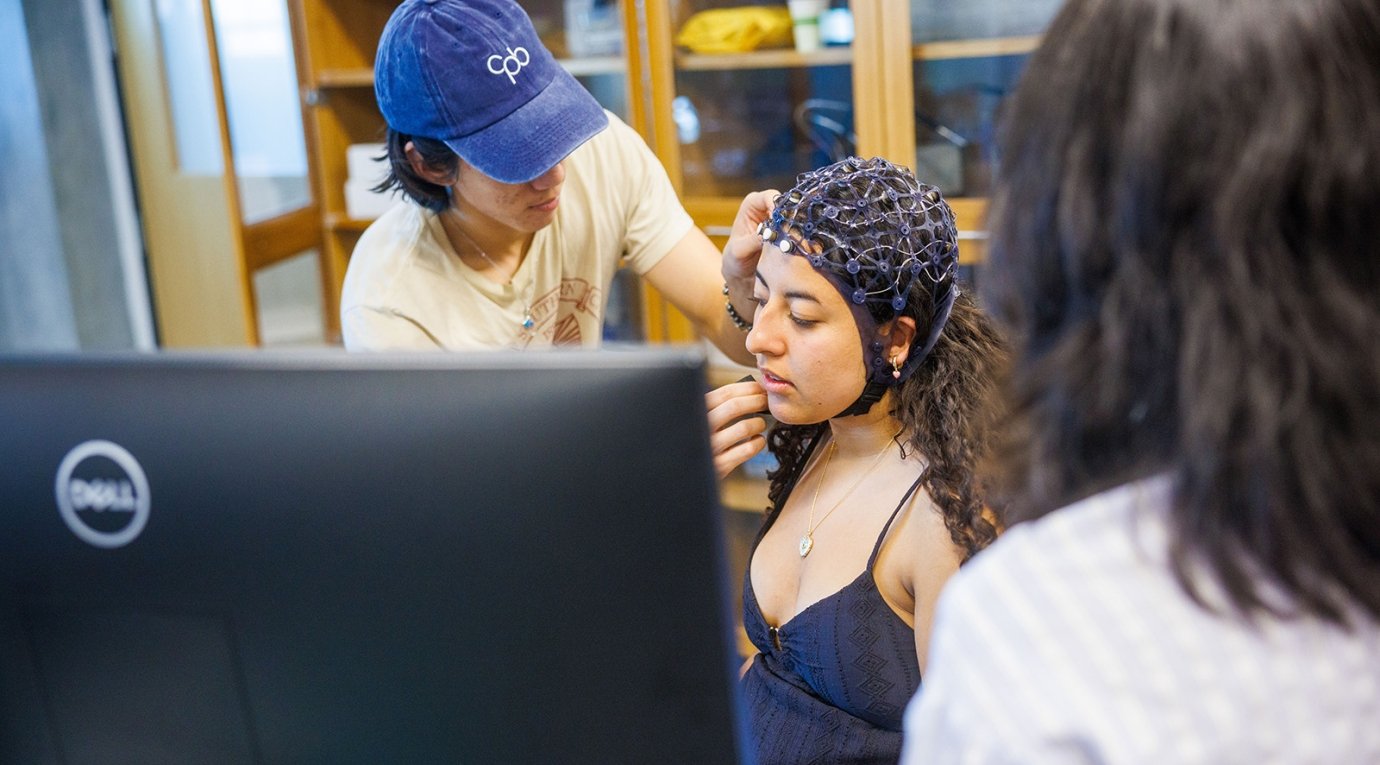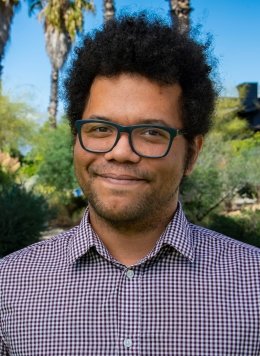Neuroscience
Our Neuroscience major is a gateway to understanding the brain and behavior. Through a blend of scientific inquiry and interdisciplinary exploration, we equip you with tools to explore the brain and its functions.

About Our Neuroscience Program
- Pitzer’s Neuroscience major is an interdisciplinary program of 16 courses designed to provide you with an appreciation of the diverse approaches to studying the nervous system.
- Our interdisciplinary approach gives our students an edge. While many other science programs focus solely on the subject at hand, your interdisciplinary coursework will enable you to make connections to other fields of study.
- You will declare and immerse yourself in a specialization of the field. Choose from Behavioral Neuroscience, Cellular-Molecular Neuroscience, Cognitive Neuroscience, Computational Neuroscience, Motion Science & Functional Anatomy, Neuropharmacology, or Neurophilosophy.
- Pitzer’s Neuroscience program is part of the Department of Natural Sciences, in partnership with Scripps College. At our shared cutting-edge facility, the Nucleus, you’ll have access to state-of-the-art research labs, advanced instrumentation, and other leading technologies as you conduct your research.













